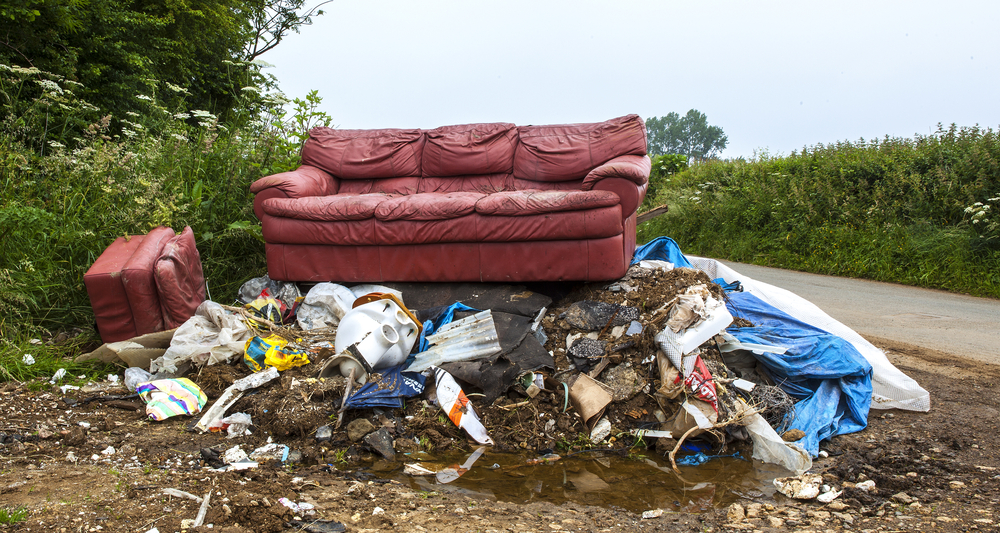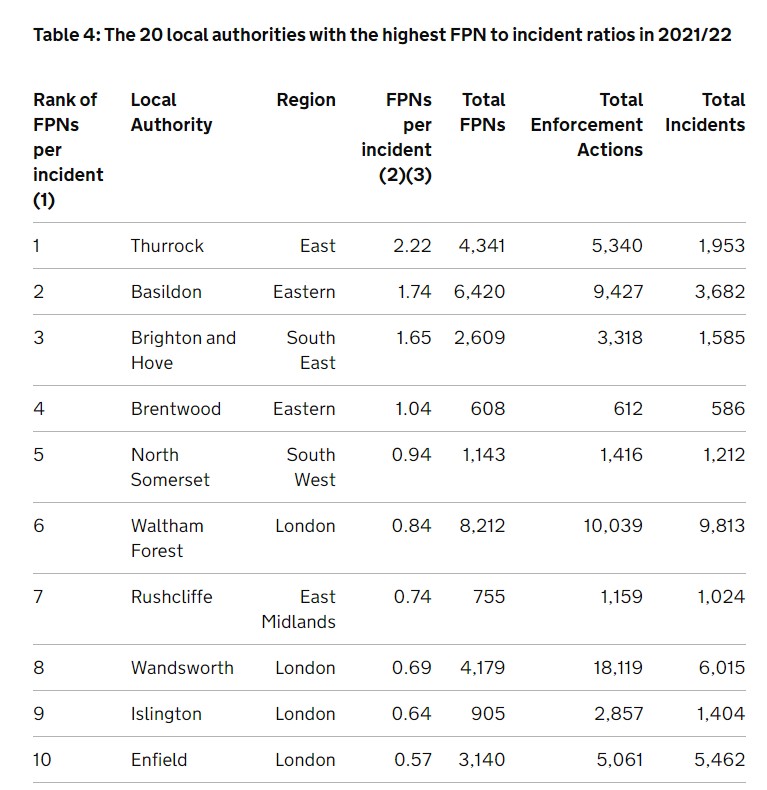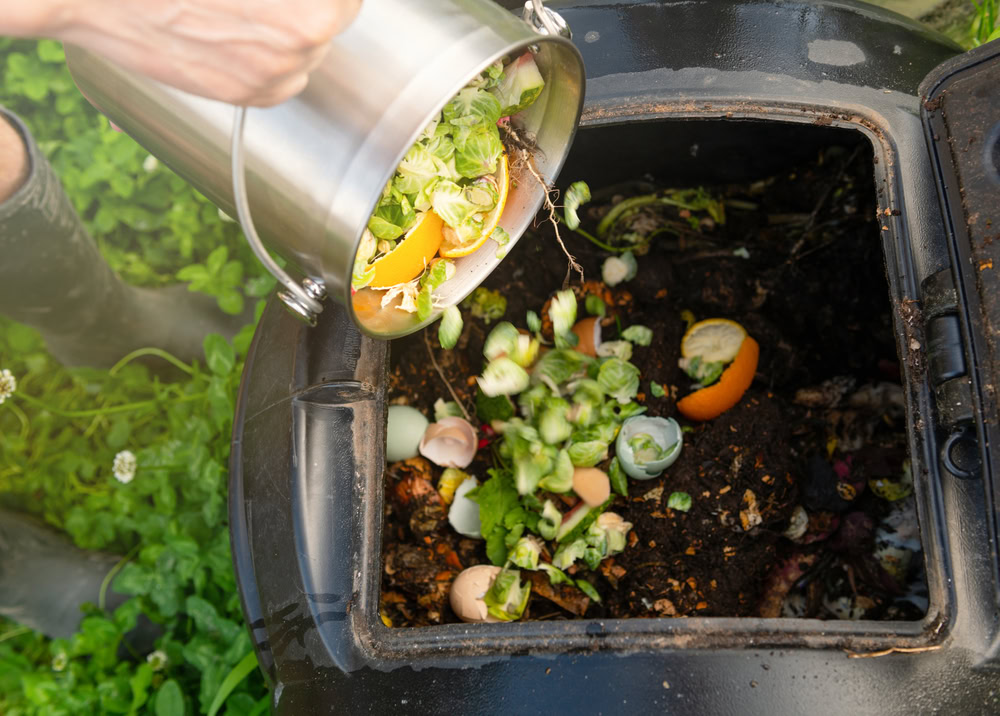The statistics, covering the 2021/22 financial year, detail which authorities issued the most and least amount of fixed penalty notices (FPNs) and the ratio between FPNs issued and incidents recorded.
This follows on from the fly-tipping data published in January, which highlighted that the number of fly-tipping incidents in England reported by local authorities remained above the one million mark in the financial year, despite a 4% fall, with London reporting the highest levels (see letsrecycle.com story) .
This was reflected in the enforcement data today, which showed that seven of the top ten local authorities for total fixed penalty notices (FPNs) were in the London region. Waltham Forest was the council with the most number of fixed penalty notices, issuing 8,212 in 2021/22.

Table
At the other end of the table for FPNs issued, 17 councils issued just one FPN. This includes Gateshead, Liverpool, Rugby, St Albans and Winchester.
There were also 40 local authorities which did not record a single FPN in 2021/22. This includes Bournemouth, Christchurch and Poole, Chichester, Guildford, Lancaster and Wirral.
Defra did warn however in the dataset that comparisons between local authorities “should be made with care”.
The department said: “The situation is complex and can be influenced by population density, housing stock, demographics and commuter routes. Those reporting higher incident numbers are often those being more pro-active and rigorous in identifying incidents by encouraging the public to report incidents, training of street crews, and increased use of more sophisticated methods for capturing and reporting incidents.”
Ratio
Elsewhere in the data, Defra also reported the councils with the lowest ratio of incidents compared to FPNs issued.
Defra said it would “expect that local authorities with fewer fly-tipping incidents would have less cause to issue fixed penalty notices in relation to fly-tipping”.
The body added that it should be noted that multiple actions can sometimes be carried out on one particular incident.
Thurrock council issued 2.22 FPNs per incident and thus topped the table, along with Basildon and Brighton and Hove in the top 3.
Liverpool recorded the lowest ration of FPNs to incidents, recording a ratio of 0.0001 FPNs issued per incident. The authority was closely followed by Gateshead and Southampton, who both recorded 0.002. Winchester, Stockport and Rugby rounded off the top six.
Totals
There were 507,000 enforcement actions carried out in England in 2021/22, the data shows. Enforcement actions are actions carried out by local authorities in response to fly-tipping incidents. These actions could include investigations, warning letters, statutory notices, FPNs, duty of care inspections, stop and search, vehicles seized, formal cautions, prosecutions and injunctions.
In the financial year 2021/2022, the data from Defra indicates that a total of 91,000 fixed penalty notices were documented for various waste-related infractions, including offenses such as fly-tipping, breaches of household waste duty, and littering in connection with fly-tipping.
Local authorities and the Environment Agency both have a responsibility in respect of illegally deposited waste. This includes local authorities and the Environment Agency collecting and reporting data on fly-tipping in their area. This statistical notice covers data reported by local authorities in England.
The data can be seen here.










Subscribe for free